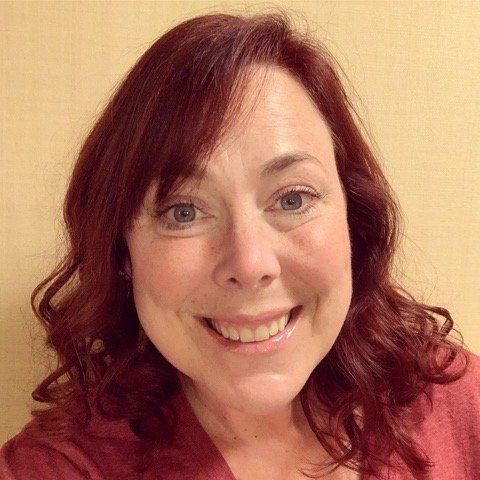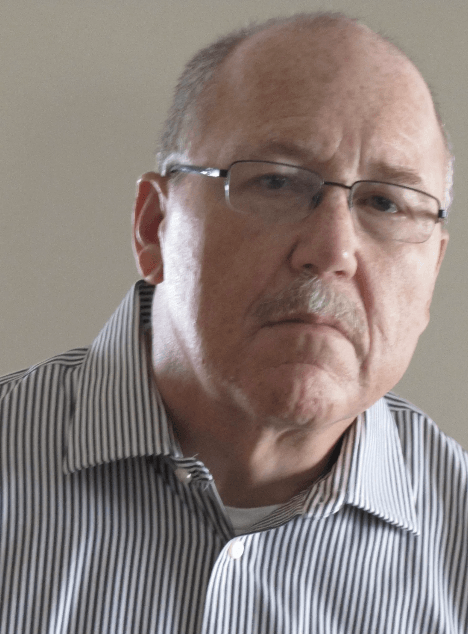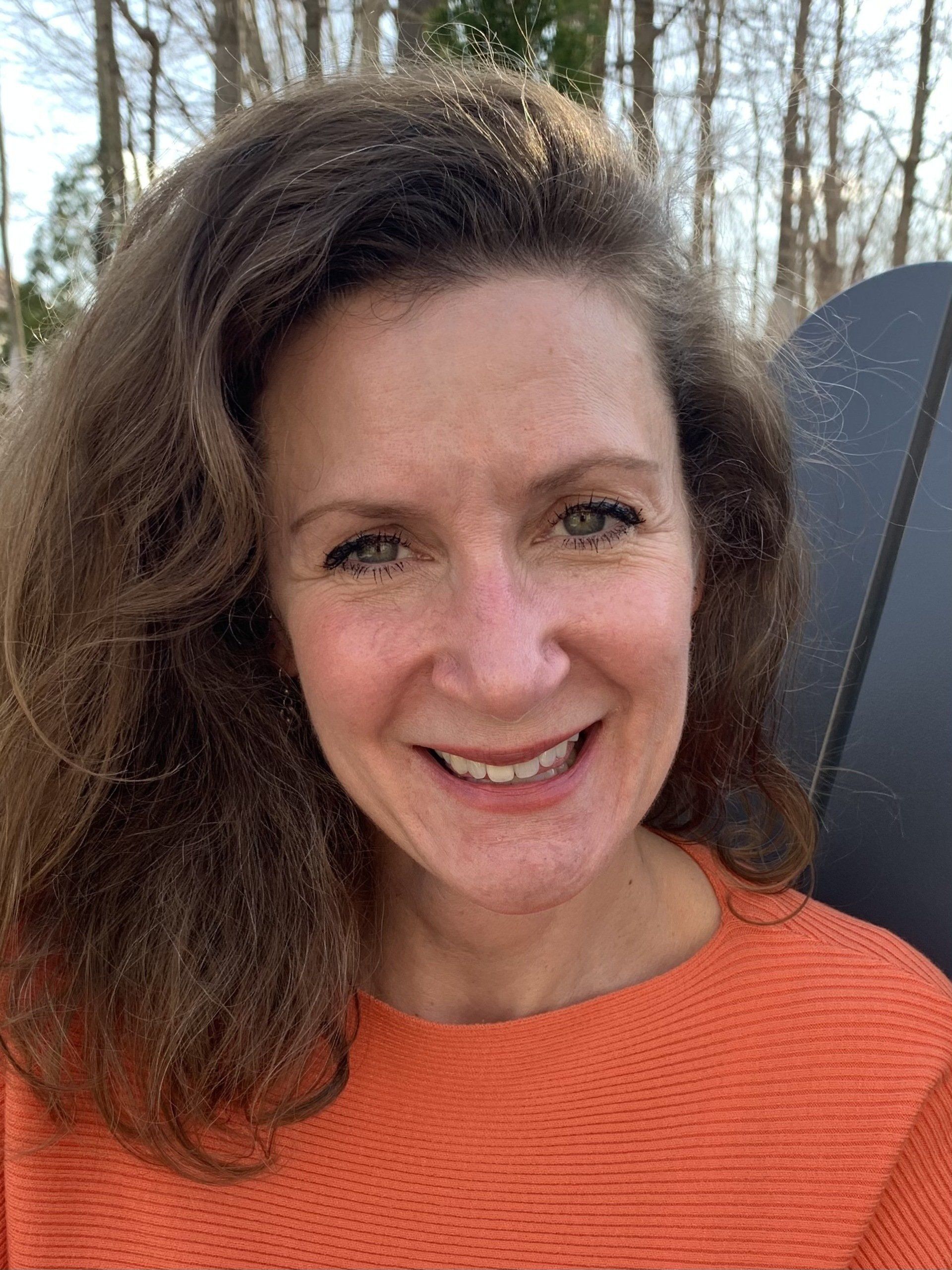COVID Blues: It's ok to ask for help
Full Episode #60
Air Date: April 4, 2021
This week, join your patient co-hosts Kelly Conway and Rick Phillips and special guest Heather Kenjorski, a licensed social worker, for a frank discussion about mental health, AiArthritis patients, and the COVID-19 pandemic.
On February 21, 2021 Kelly wrote a very poignant blog post titled “Not A Me Too Moment” where she spoke very openly about her battle with depression resulting from chronic illness and how the tragedies she has experienced during the pandemic have led to her depression being out of control at the current time. In response to this blog post, Rick shared that he too has been in treatment for many years for depression. They decided to get together and bring in a professional to discuss this topic in more detail for the benefit of all the people listening to the show who may also be experiencing depression, especially those who are not currently seeking help from the medical community for their struggles.
LISTEN TO THE EPISODE THEN BE SURE TO TAKE A SEAT AT THE TABLE BY JOINING THE CONVERSATION!
(Scroll down the page to learn how!)
DOWNLOADABLE RESOURCE FROM THE SHOW:
Pull up your seat at the table
Now it's YOUR TURN to join the conversation!
What do you think about this episode?
We want to know what you think! By continuing the conversation with your opinions and perspectives - we all get a better understanding of the problems facing our community. Better yet, through these conversations we can start working and developing solutions.
We mean it when say 360. Not only do we want your input anytime and anywhere, but we also are eager to see where the conversation will take us. So please, "pull up a seat at the table" and let's start talking!
Email us at podcast@aiarthritis.org, message us on social media (find us by searching for @IFAiArthritis)
Continue the conversation in our own AiArthritis Voices 360 Talk Show Group!
Pull up a seat and join the conversation on the topic from today and past episodes. You may even get an opportunity to talk directly with the co-hosts and any episode guests!
The
AiArthritis Voices Program
Our AiArthritis Voices 360 Talk Show is just a piece of larger program - the AiArthritis Voices Program.
AiArthritis Voices is our program where people living with AiArthritis diseases and other stakeholders who we need 'at the table' to solve problems that impact education, advocacy, and research sign up to have a voice in our initiatives.
If you want to get more involved, and see more of the opportunities we have for you (and all stakeholders) please check out the
AiArthritis Voices Program. Unite with others around the world to talk, learn, and connect.
Patient Voices and All Other Stakeholders - Join our
AiArthritis Voices Program and Connect to Opportunities to Have Your Voice Counted!
If you are a patient, a parent of a juvenile patient, or any other stakeholder (doctor, nurse, researcher, industry representative, or other health services person) - are you ready to join the conversation? It's your turn to pull up a seat. Join our new AiArthritis Voices program, where people living with AiArthritis diseases and other stakeholders who we need 'at the table' to solve problems that impact education, advocacy, and research sign up to have a voice in our initiatives. By signing up, you’ll get notified of opportunities to be more involved with this show - including submitting post-episode comments and gaining insider information on future show topics. Patients and all other stakeholders are encouraged to join so we can match you with opportunities to pull up a seat and TOGETHER - as equals - solve the problems of today and tomorrow.
AiArthritis Voices 360 is produced by the International Foundation for Autoimmune and Autoinflammatory Arthritis. Visit us on the web at www.aiarthritis.org/talkshow. Find us on Twitter, Instagram, TikTok, or Facebook (@IFAiArthritis) or email us (podcast@aiarthritis.org).
Be sure to check out our top-rated show on Feedspot!
Show Notes:
00:52 - Kelly welcomes listeners.
01:30 - Kelly is joined by fellow patient co-host, Rick Phillips and licensed social worker, Heather Kenjorski.
3:03 - Today’s topic is depression among people living with AiArthritis diseases, especially during the COVID-19 pandemic.
04:45 - Today’s episode was inspired by Kelly’s blog post titled “Not a Me Too Moment” on her blog As My Joints Turn: My Autoimmune Soap Opera.
07:10 - Rick wants people to know that medication and talk therapy can help, and there is no need to suffer in silence.
07:15 - Heather, have you seen an increase in patients experiencing depression since the onset of the pandemic?
07:40 - Many of the coping mechanisms suggested for people struggling with depression and anxiety are not possible during the pandemic which has led to an increase in isolation and feelings of sadness and hopelessness.
08:18 - Staying home and quarantining exacerbated people’s existing struggles with depression and anxiety.
10:40 - One study presented at ACR 2020 found that some Lupus patients felt better emotionally at the start of the pandemic because the entire community was experiencing life the way they usually do (avoiding germs, curbside pickup, etc).
12:30 - Some AiArthritis patients experienced extreme emotional stress from being forced to go to work during the pandemic when they felt it was safer to stay home.
16:04 - Heather what are some of the signs and symptoms of depression?
16:31 - People are very skilled at putting on a brave face, so you can’t rely on their outward appearance.
16:52 - Signs of depression may be a loss of interest in things someone used to enjoy like activities, eating, or communicating with others.
17:18 - Sudden loss of appetite or eating much more than normal can both be signs of depression.
17:39 - Fatigue or having no desire to engage with people can be a sign.
17:45 - Depressed people may not take care of themselves like getting dressed, showering, or brushing their teeth.
18:03 - If you can’t look forward to things or feel hopeless, that could be a sign of depression.
18:44 - Anger can also be a symptom of depression.
19:46 - Depression is not a sign of weakness, and life gets better after treatment.
22:30 - Some therapy practices are full right now because so many people are seeking mental health assistance.
23:11 - Heather, do you find that people have a difficult time admitting that they need help?
23:40 - There is definitely still a stigma attached to receiving therapy, and it’s a shame because it keeps people from getting the help that they need.
25:02 - It is courageous to get therapy and address your issues.
25:10 - To stay in a miserable state of mind is not strength.
29:36 - Caretakers often experience serious depression and have limited avenues for emotional support outside of therapy.
30:29 - Heather do you have any other tools (besides medicine and talk therapy) that you find useful in helping people battling depression?
31:06 - Self-care is key for everyone, and it’s something people aren’t necessarily very good at doing.
32:11 - Journaling is a great way to get in touch with your own feelings.
33:02 - Meditation, deep-breathing exercises, and physical movement are all important aspects of self-care.
37:49 - The more people try to avoid their own negative thoughts, the more powerful those thoughts become so learning to meditate and be present with your own thoughts - even if they aren’t comfortable thoughts - can be very important to mental wellness.
39:03 - It may be helpful to remember that depression is not a permanent state; it will end.
40:14 - Chronic illness isn’t the end of the world, but it is a different way of living in the world.
42:30 - How can we help our community identify when they may need help or find help for people who cannot afford mental health assistance?
43:07 - Many communities have assistance for people who cannot afford private therapy, but you need to reach out to your local mental health advocates, mental health society, family services, local hospitals, or even private doctors and ask what is available in your area.
45:08 - Virtual appointments are now available because of the pandemic which has opened many doors for people who lacked transportation to appointments.
49:51 - Like us or message us on social media @IFAiArthritis on all platforms to stay informed and involved or email us at podcast@aiarthritis.org
50:33 - Find all our episodes on our website at aiarthrits.org/talkshow
51:08 - You can reach Rick at info@RADiabetes.com or follow Rick’s blogs at ankylosingspondylitis.net and rheumatoidarthritis.net
51:49 - Please be part of the continued conversation at aiarthrisvoices.org.
52:03 - Kelly thanks her co-hosts and the listeners.
Your Co-Hosts & Guests: Who is at the table this episode?
Kelly Conway
Kelly is a speech-language pathologist, author/blogger, and a patient advocate. She has been living with autoimmune arthritis since age 14 but wasn’t formally diagnosed until age 32. That diagnosis has changed more than 5 times over the past 18 years. Through social media, she connected with fellow patients and co-founded the International Foundation for Autoimmune and Autoinflammatory Arthritis. She has represented her state of Pennsylvania on Capitol Hill for the American College of Rheumatology multiples times, and speaks of the patient perspective at medical/pharmaceutical conferences. Kelly believes in the power of the patient voice and sharing our stories to raise awareness, education, and advocacy.
Website: “As My Joints Turn: My Autoimmune Soap Opera” at
www.asmyjointsturn.com Facebook and Twitter: @lolabellaquin
Rick Phillips
Heather Kenjorski
Heather Kenjorski earned her Master of Social Work degree from Chicago State University and is a Licensed Clinical Social Worker practicing in Indianapolis. Heather has experience working with adults with a wide range of behavioral health concerns in the community mental health, hospital and correctional settings. Practicing from a predominately psychodynamic perspective, Heather also incorporates mindfulness and meditation practice, Dialectical Behavior Therapy, and Acceptance and Commitment Therapy into her approach when working with clients to navigate such issues as depression, anxiety, OCD, chronic pain and illness, PTSD and personality pathology. Heather places a strong emphasis on the mind-body connection when helping clients to cope with physical health issues and their relationship to past trauma. She believes that self-acceptance and compassion toward self are essential components for good mental health and being able to cope with life’s challenges, and that these concepts can be taught and cultivated at any point in the life cycle. Heather lives in Indianapolis with her husband and 7-year-old daughter, and loves spending time eating with friends and family, swimming, and driving to northern Michigan and Mackinac Island every summer.
Love the show? Help us make sure we stay on the air by making a donation.
Your contribution helps us continue the work we do every day to improve the lives of millions worldwide.












